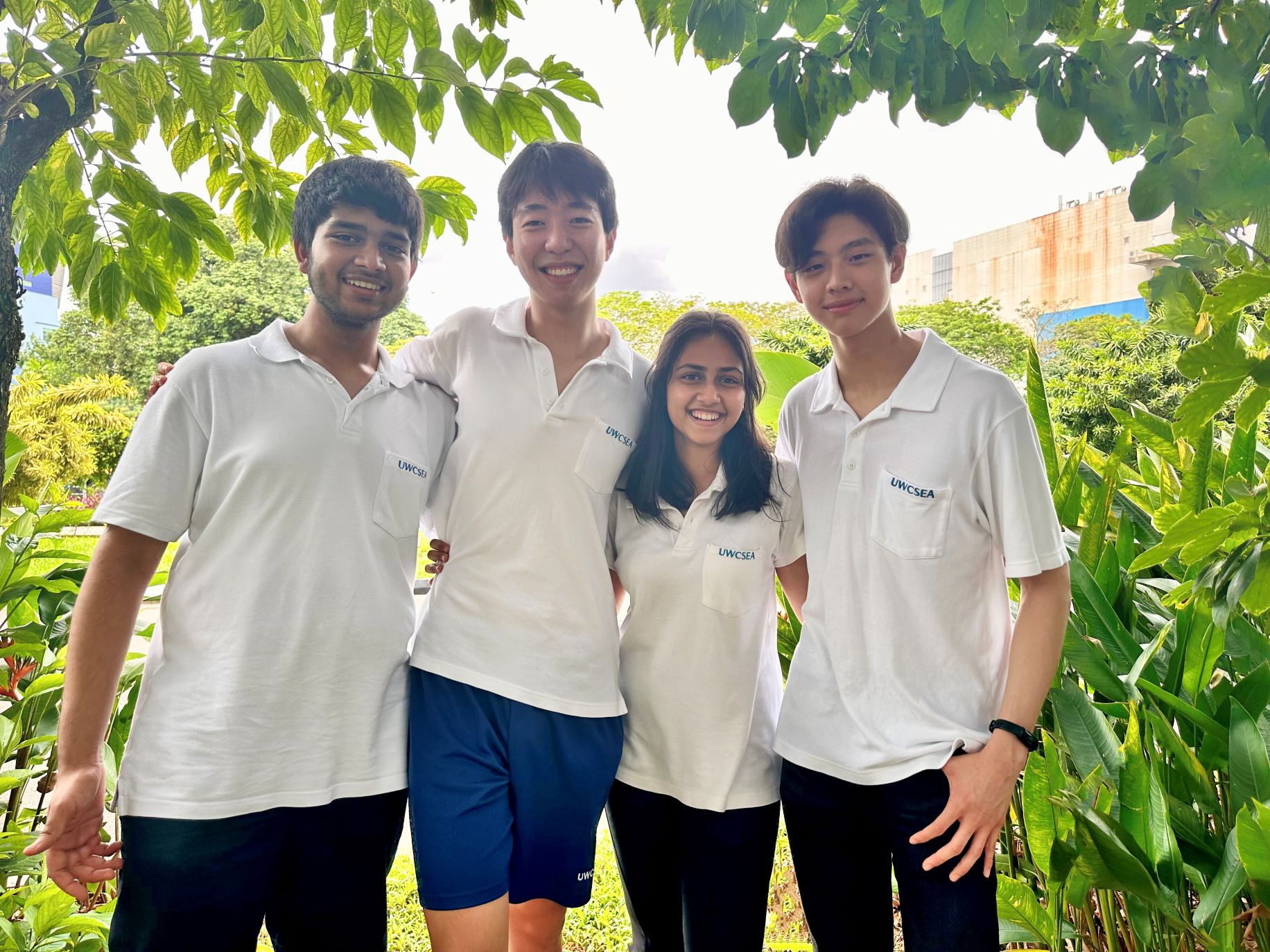China
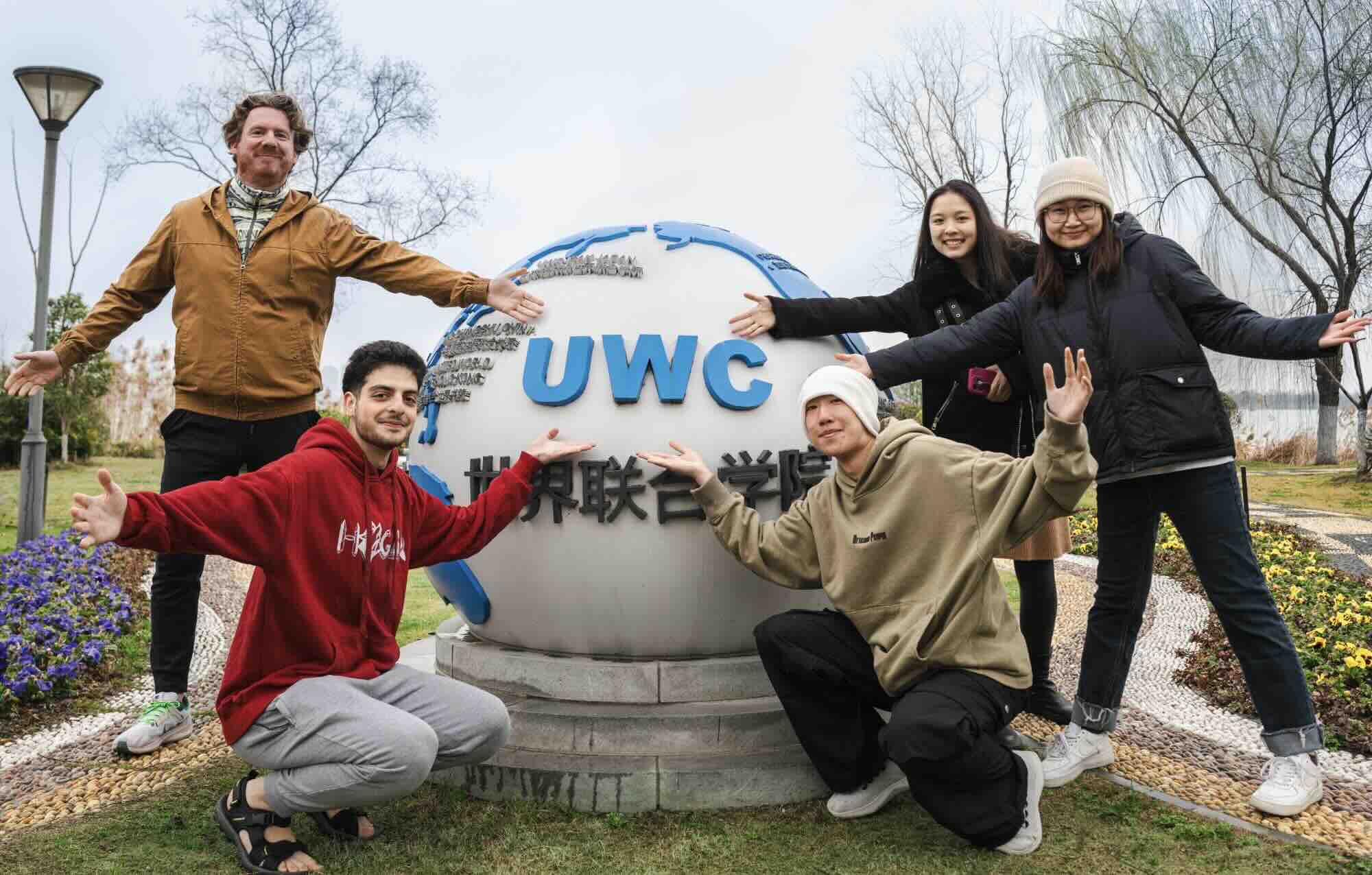
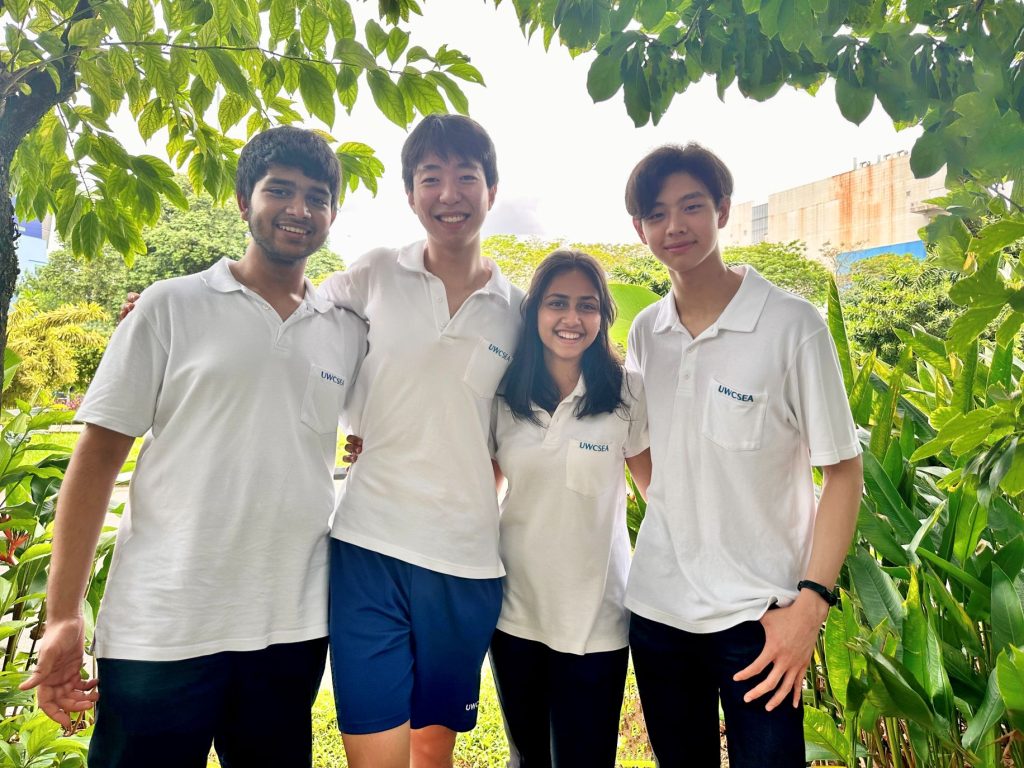
Presented by the Aurora Humanitarian Initiative in partnership with UWC International, Young Aurora is open to all UWC schools and colleges and, since 2018, the African Leadership Academy – it supports student-led projects that respond to pressing humanitarian issues with innovative, sustainable solutions.
Since 2017, student teams from participating schools have been invited to submit proposals for projects that address a challenge affecting a nearby community. Proposals are judged on creativity, sustainability, research quality, and potential for impact. One winning team is awarded a grant each year to develop its project further.
Recent highlights
This year’s winning team, from UWC Mahindra College, impressed the judges with “Chulha” – a project addressing the health risks of traditional mud cookstoves in rural western India. By introducing locally made rocket stoves, the team aims to cut emissions by 86%, halve firewood use and significantly reduce toxic fumes.
Previous winning projects have included:
Each year, Young Aurora finalists present their ideas to a panel of humanitarians, entrepreneurs and global leaders who offer feedback, mentorship and funding. The programme continues to inspire young changemakers from across the UWC movement to address urgent needs in their communities.
China

India
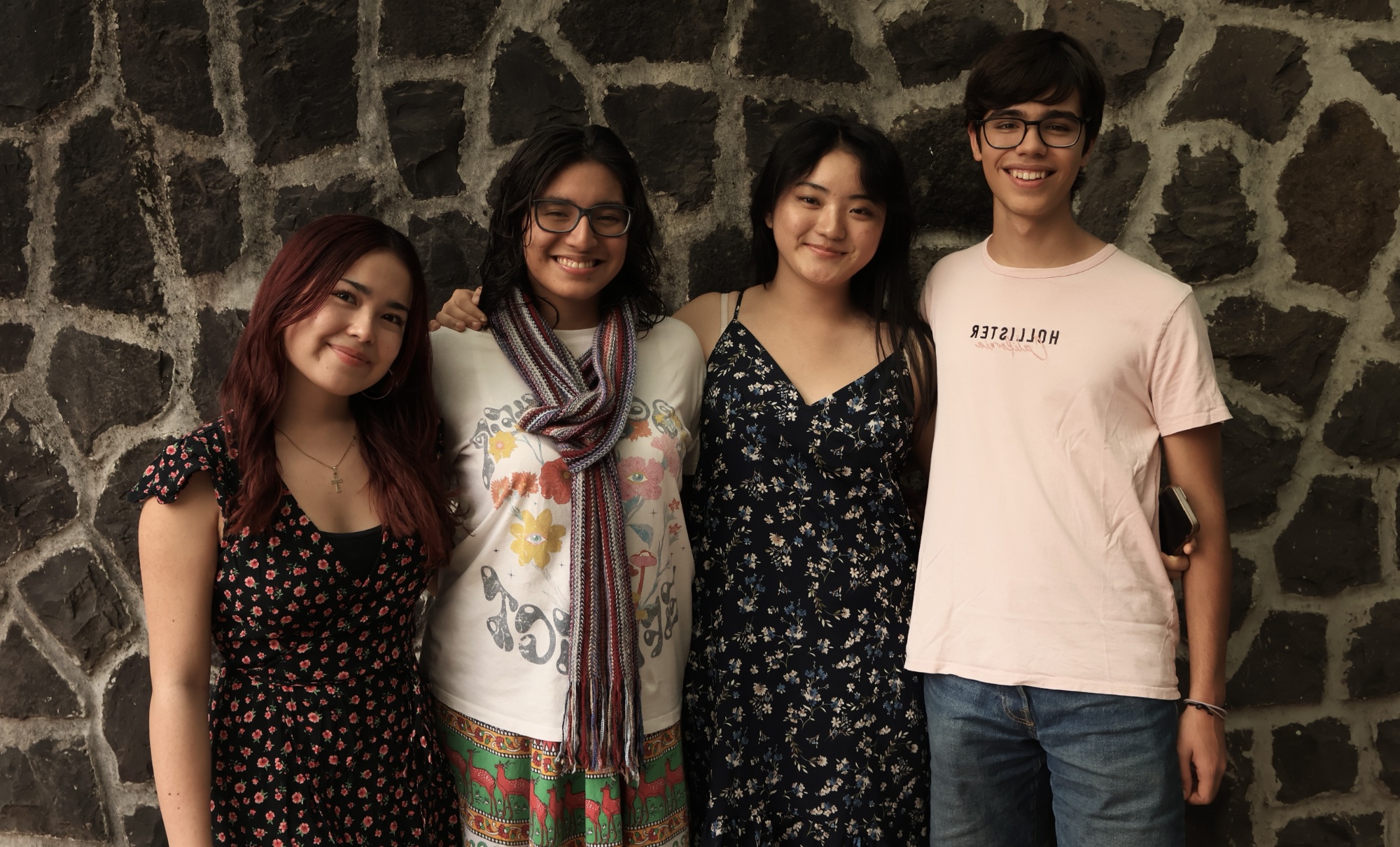
USA
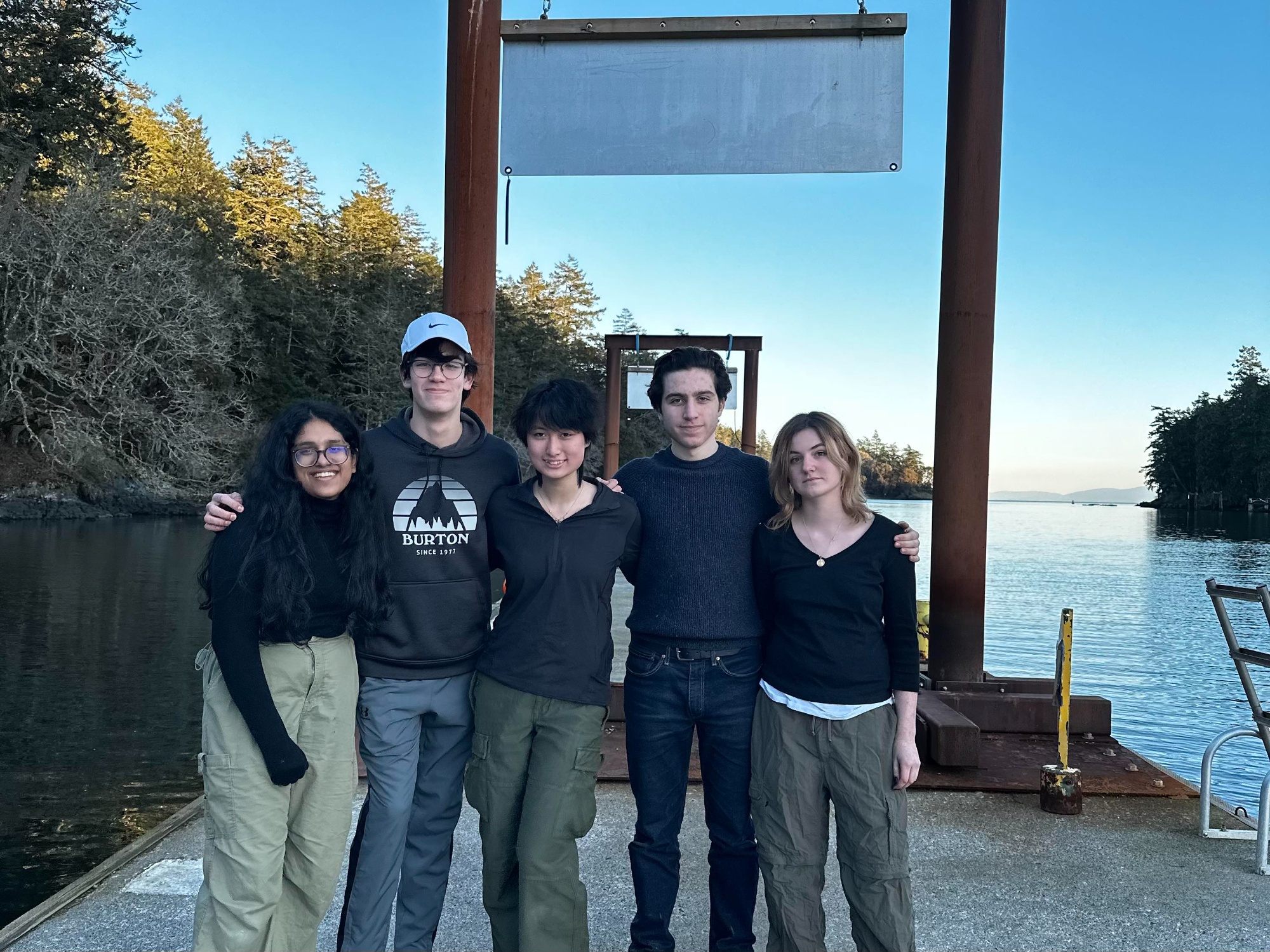
Tanzania
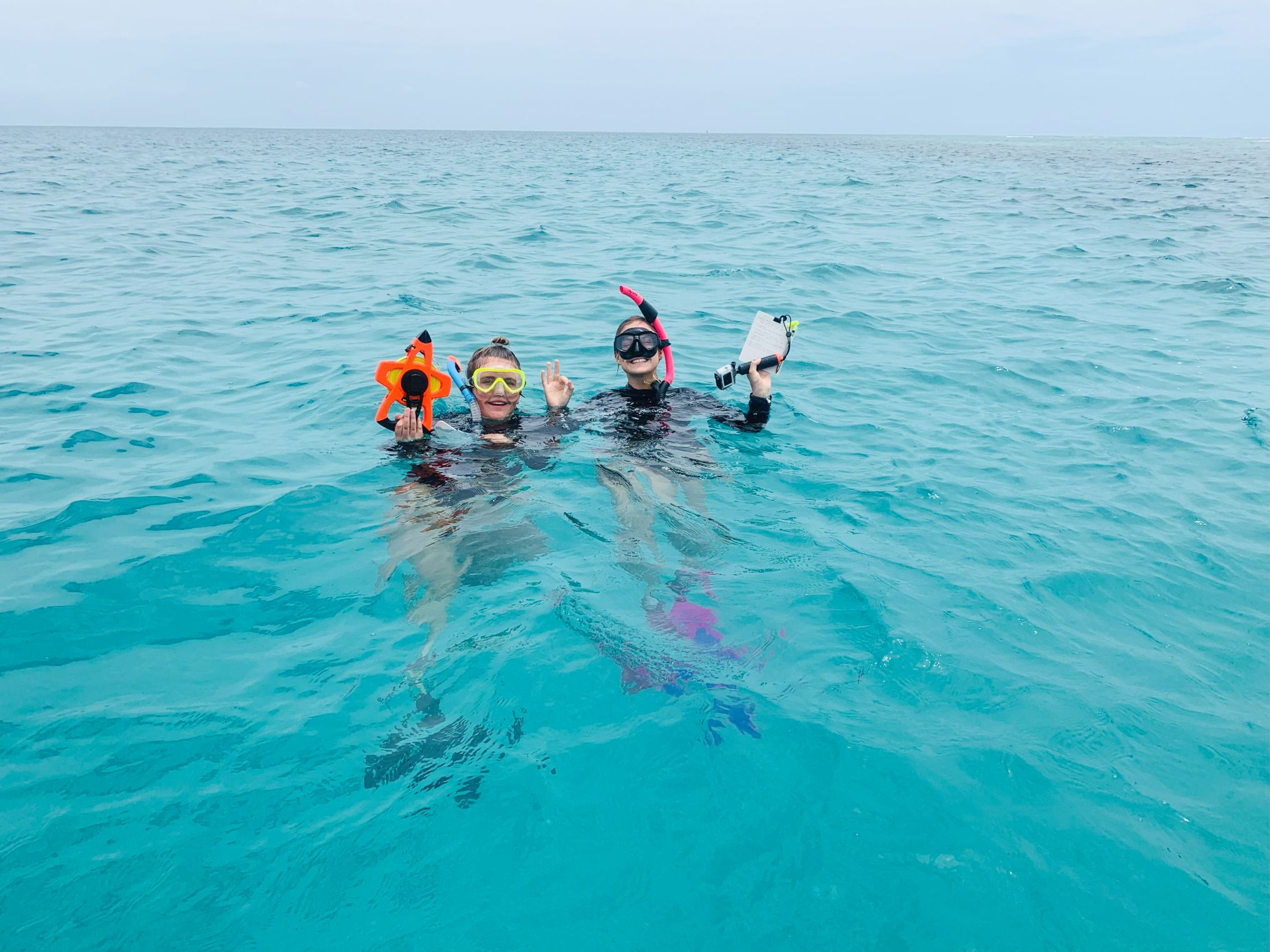
Armenia
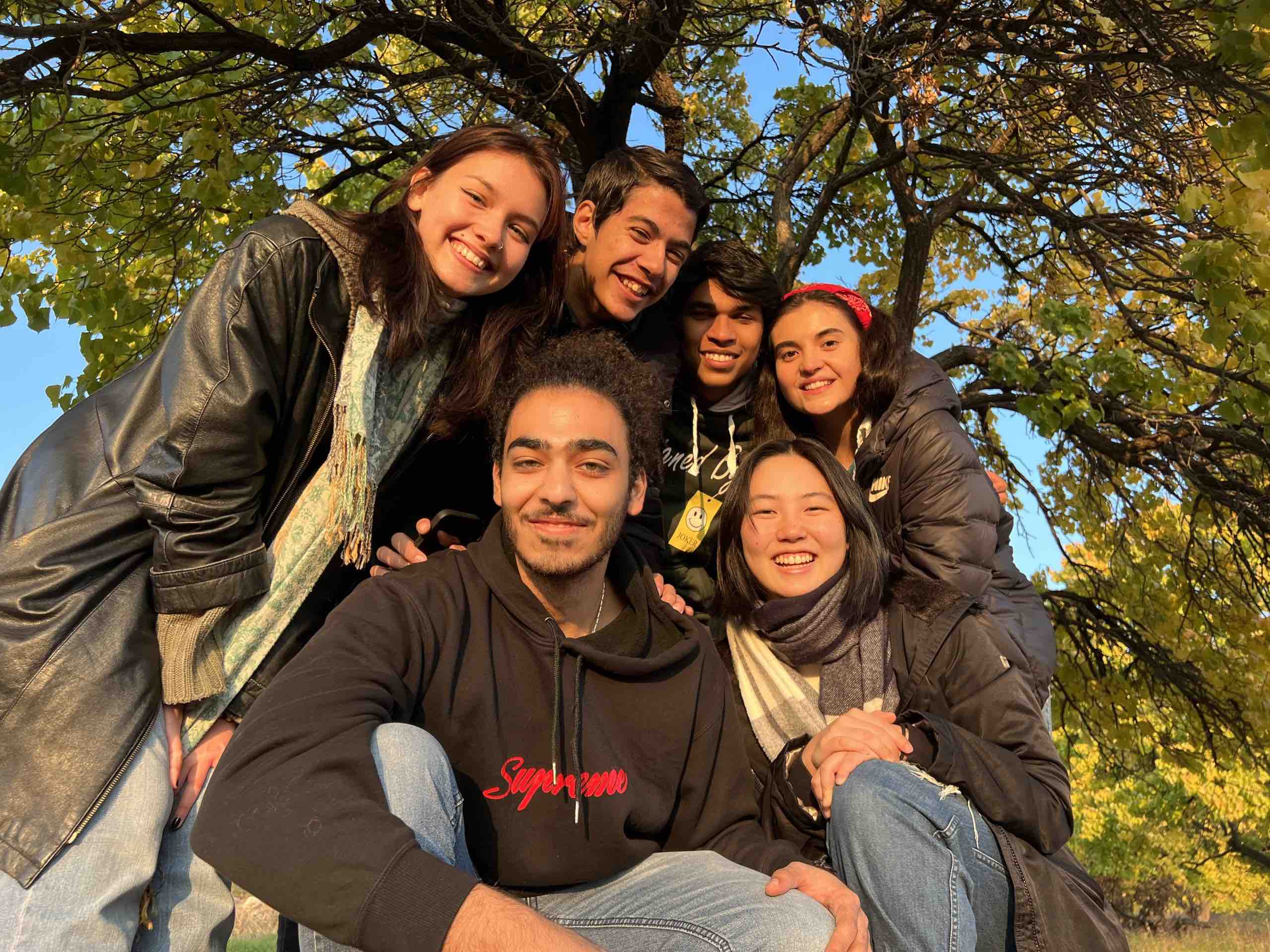
Singapore
